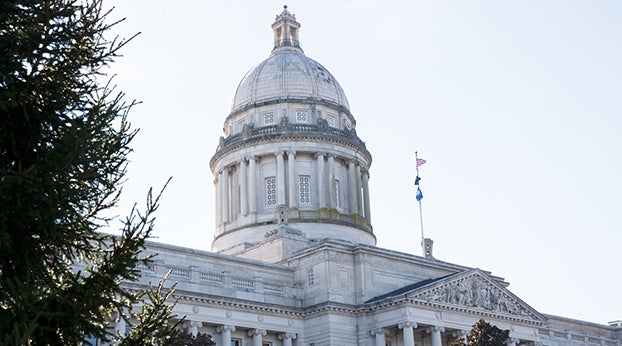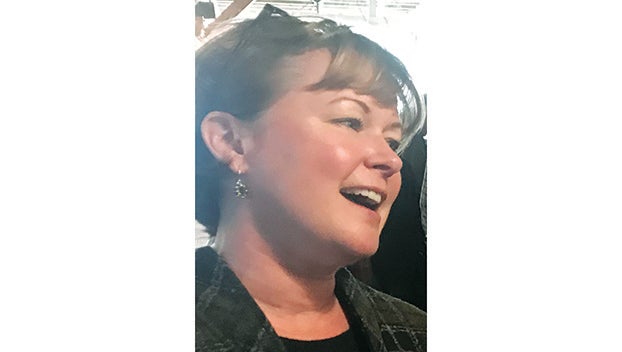Legislature should end DST time changes permanently
Published 5:43 pm Thursday, November 14, 2019
EDITORIAL
The Advocate-Messenger
It’s been nearly two weeks since we set our clocks back an hour for Daylight Saving Time, and many people are still likely recovering from the time change that comes twice a year.
It’s an age-old practice that dates back 100 years in the U.S. In March 1918, Congress enacted the first daylight saving law and also defined time zones in the U.S.
According to National Geographic, “In 1895, George Hudson, an entomologist from New Zealand, came up with the modern concept of daylight saving time. He proposed a two-hour time shift so he’d have more after-work hours of sunshine to go bug hunting in the summer.
“Seven years later, British builder William Willett independently hit on the idea while out horseback riding. He proposed it to England’s Parliament as a way to prevent the nation from wasting daylight. His idea was championed by Winston Churchill and Sir Arthur Conan Doyle — but was initially rejected by the British government. Willett kept arguing for the concept up until his death in 1915.
“In 1916, two years into World War I, the German government started brainstorming ways to save energy” and remembered Willet’s idea of moving clocks forward and having more daylight during working hours.
Soon, England and almost every other country that fought in World War I followed suit. So did the United States.
But the century-old practice has become controversial in the U.S. in recent years, with many arguing it no longer saves energy and is thus unnecessary.
Now, Kentucky is among the states considering doing away with time changes.
It’s time to lock the clock, says a newly-proposed bill in Kentucky. House Bill 181, was pre-filed in Frankfort ahead of the 2020 General Assembly’s Regular Session and has bipartisan support, with one sponsor of the bill, Rep. Robert Goforth, saying DST is an “antiquated practice that needs to end.”
Beyond the inconvenience of the practice these days — who doesn’t hate a messed up sleep schedule? — many studies suggest there are serious health implications to time changes.
Some research indicates our bodies never fully adjust to the time change. Research published in Current Biology reveals that’s because our internal body clocks don’t adjust to the change just because we get more sunlight later in the day.
“When you change clocks to daylight saving time, you don’t change anything related to sun time,” said lead researcher Till Roenneberg of Ludwig-Maximilians-University in Munich. “This is one of those human arrogances — that we can do whatever we want as long as we are disciplined. We forget that there is a biological clock that is as old as living organisms, a clock that cannot be fooled. The pure social change of time cannot fool the clock.”
People’s circadian rhythm follows the sun and changes depending on where you live.
“The circadian clock does not change to the social change,” Roenneberg said.
And without that adjustment, there are other health implications.
Finnish researchers found the duration and efficiency of sleep is reduced by time changes. The study in 2006 monitored sleep patterns in people for 10 days around daylight saving time, and found it resulted in about one hour less of sleep and 10 percent less efficient sleep.
Other research suggests there are 25 percent more heart attacks on the Monday after daylight saving time than a standard Monday; there is an increased risk of suicide among vulnerable populations; workers are more frequently injured on the Monday after DST; a 2016 study found the overall rate for stroke was 8 percent higher the two days after DST; and there is a known increase in traffic accidents caused by sleep-deprived drivers after DST.
Since the intended result of DST — to save energy — is no longer necessary and there are several negative implications of time changes, it seems time to end the practice.
We hope to see this bill taken up seriously in the next General Session.






